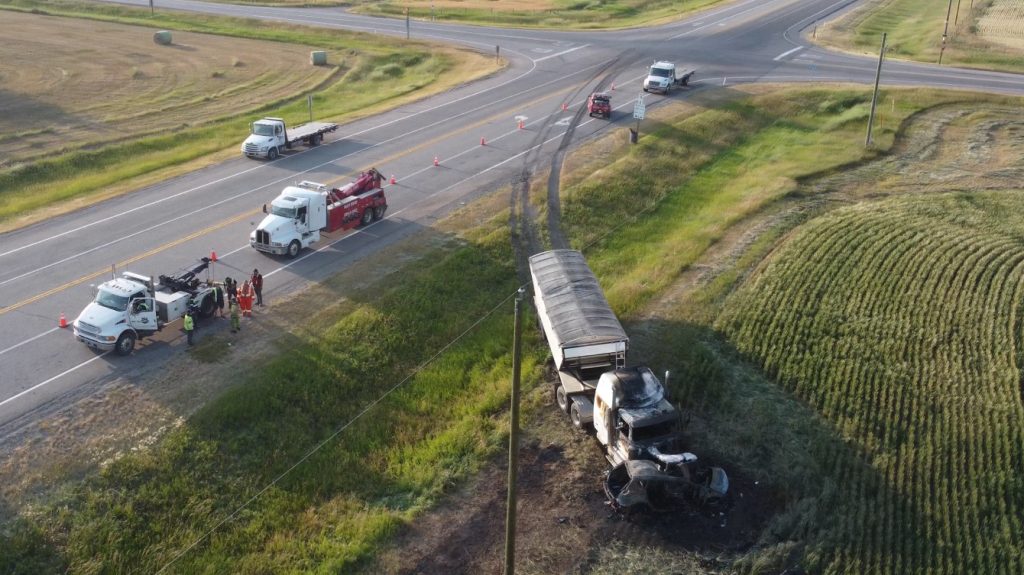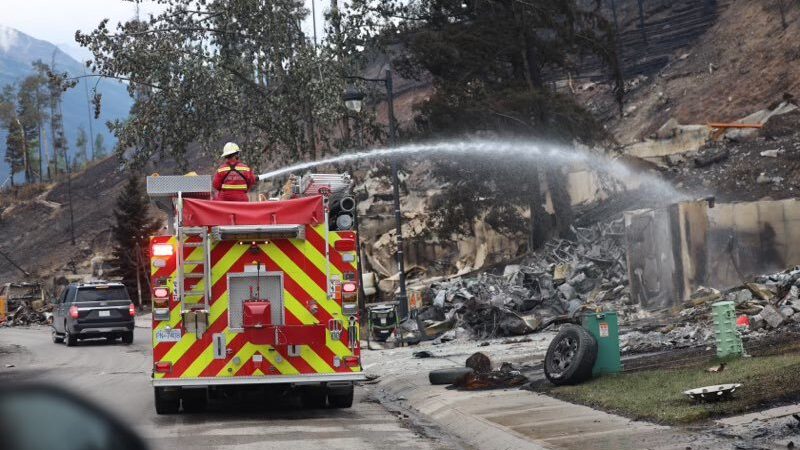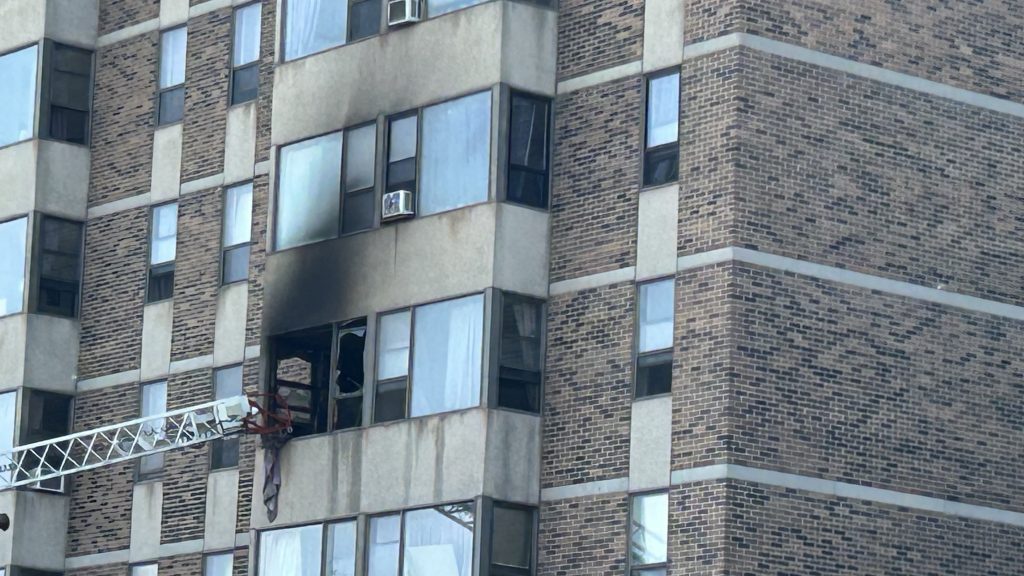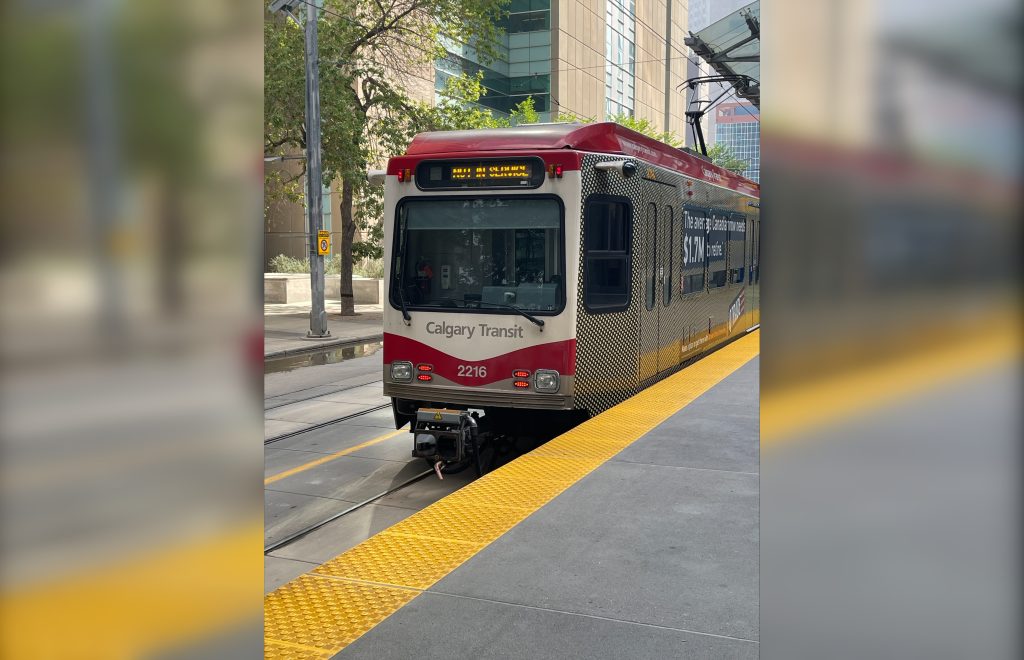‘More than just a black eye or broken bones’: Family Violence Prevention Month begins in Alberta
Posted Nov 1, 2021 3:13 pm.
Last Updated Nov 1, 2021 9:31 pm.
With the arrival of Family Violence Prevention Month, Calgary police say non-criminal calls are on the rise, while domestic violence-related calls remain steady.
“We know domestic violence can occur in any household, any income bracket, any age group, any gender, any sexuality and in any cultural community and in many instances it occurs behind closed doors,” said Staff Sergeant Vince Hancott with the Calgary Police Service (CPS) Domestic Conflict Unit.
Hancott explains, calls to police regarding domestic violence that involved some form of actual, or threatened physical violence have remained within the average they have seen in the last five years.
“Each one of our 30,000 calls per year we receive is an opportunity to link a citizen with resources for their particular situation,” he said.
“We know police can’t, and shouldn’t, address these issues alone. It takes a whole community to support families and relationships that are heading along a path of conflict and potential violence.”
RELATED:
-
Reports of domestic, intimate partner violence continue to rise during pandemic
-
Family violence on the rise during pandemic: Calgary Domestic Violence Collective
On the topic of working together to end domestic violence, Calgary Women’s Emergency Shelter Executive Director Kim Ruse points to a trend that Calgary seemed to avoid as far as police-reported domestic violence calls.
“Across Canada and globally there has been a discussion of a shadow pandemic, as some areas saw increases of up to 30 per cent of instances of domestic violence during the pandemic,” said Ruse.
“Calgary has not seen this type of dramatic increase in domestic violence cases and calls, what we have seen is more people recognizing early that a situation is dangerous and calling the police (with a non-criminal report) or community supports for help, this is very good news.”
While Calgarians seem to be willing to have tough conversations around dangerous situations, Ruse explains, we can’t become complacent.
“The Calgary Women’s Emergency Centre has seen increases in our calls, as well as increases for requests for service and within that increase, we’re also seeing the complexity and the level of danger is much, much higher in all of our programs,” she warned.
“The consistent, persistent level of stress we have seen over the last two years is starting to wear on people. There is a stable level of anxiety in the community and that does spill over into people needing supports.”
WATCH: Survivors of domestic violence are pushing for greater awareness of a law that allows Albertans to find out their partner’s history of abuse.
Sagesse Executive Director Andrea Silverstone explains abuse is a complex issue which we need to openly discuss.
“Domestic violence is more than just a black eye or broken bones. It’s actually a series and a pattern of behaviours called ‘coercive control’ that slowly removes personal agency, decision making and freedom from an individual,” she said.
“Coercive control can take all sorts of different forms that do include physical abuse, but also verbal, emotional, sexual and financial abuse as well as spiritual abuse. What they are experiencing is a sense of deep fear of their partner as well as a sense that they don’t have any personal freedoms.”
Calgarians experiencing abuse or violence can call the Family Violence Helpline at 403-234-SAFE (7233), the Family Violence Info Line at 310-1818, the CPS non-emergency line at 403-266-1234, or 9-1-1 if you are in immediate danger. If reaching out by phone isn’t possible there’s also the Alberta Safety Chat Line.
“Family and violence abuse is a community issue and we all have a role to play in helping end it,” said Ruse.
“This can be as simple as checking in with your friends and family members, saying something as simple as ‘you don’t seem to be yourself’, or ‘something seems to be going on, is everything ok?’ Those types of questions can make a very big difference.”








